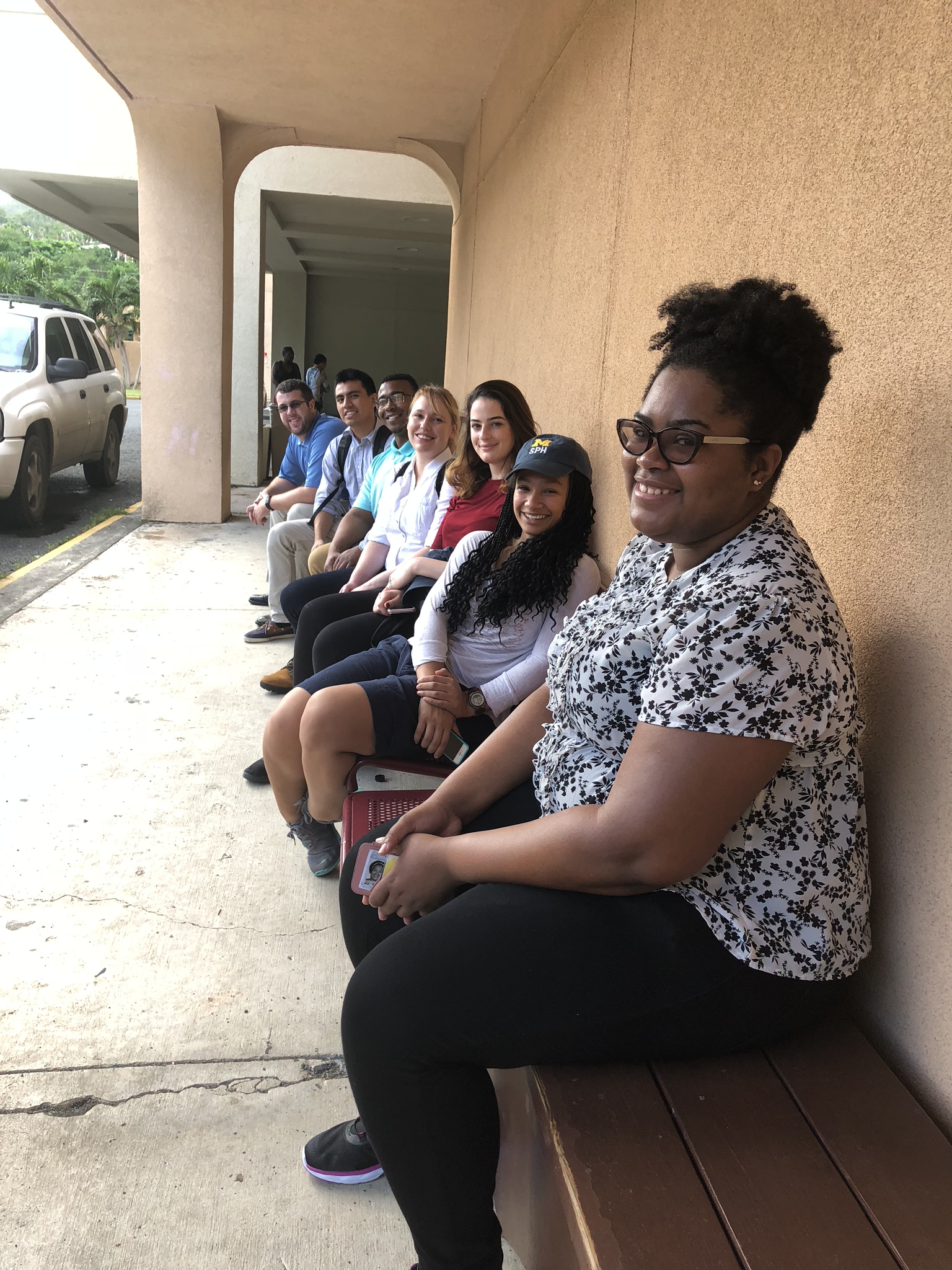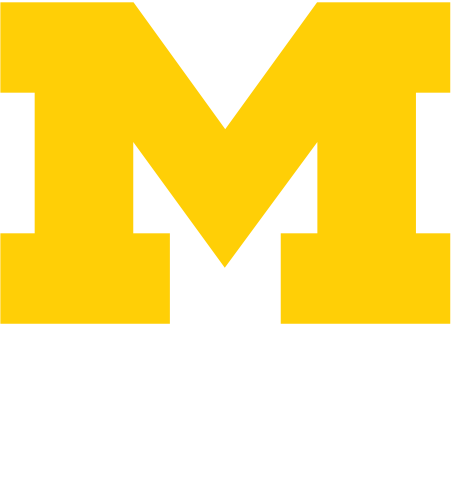Michigan Public Health Students Assist CDC in Post-Hurricane Needs Assessment in US Virgin Islands

Gabriel Johnson, a Michigan Public Health master’s candidate, was grateful for the trip as it was an opportunity to make a direct impact in response to the many natural disasters that have occurred this year.
“It really gives you a sense of the simultaneous smallness and enormity of things,” says Johnson. “You go there and you want to change the world, but realistically you can only do these small things. But that small interaction you have could be worth a lot to that one person.”
The group of students, accompanied by a team of Michigan Public Health faculty and staff, was split into two teams. The first group traveled to St. Croix from Nov. 7 to 13, and the second went to St. Thomas and St. John from Nov. 12 to 17 to assist the CDC in its Community Assessment for Public Health Emergency Response (CASPER).
“The CDC invited Michigan Public Health’s PHAST to assist with the CASPER,” says Dana Thomas, director of Public Health Practice at Michigan Public Health, who accompanied the group to St. Thomas and St. John. “That is a big deal for us—that the CDC looked to our students specifically to support this project. It is a reflection of the quality and professionalism of our students.”
The teams conducted household interviews and data analysis with the goal of providing the CDC with information to guide decisions around resource allocation for recovery, as well as future disaster planning on the islands.
The trip was organized by the Public Health Practice team within the Office for Student Engagement and Practice at Michigan Public Health. Financial support was provided by the University of Michigan’s Vice Provost for Global Engagement and Interdisciplinary Academic Affairs and the Michigan Public Health Dean’s Office.
“This project would not have been possible without the support of the university and our generous donors, who recognize the value of this experience both for the people impacted by these disasters and for our students,” Thomas says.
 Although Kate Trujillo has lived in developing countries, she says she wasn’t prepared
for the emotional response she saw in St. Croix. “Having something—electricity or
clean water, for example—and then having it taken away is very different than never
having it in the first place,” says Trujillo, a master’s candidate at Michigan Public
Health. “At the same time, these people live in the Hurricane Belt. There’s a sense
of resilience and community that comes through. People help each other out.”
Although Kate Trujillo has lived in developing countries, she says she wasn’t prepared
for the emotional response she saw in St. Croix. “Having something—electricity or
clean water, for example—and then having it taken away is very different than never
having it in the first place,” says Trujillo, a master’s candidate at Michigan Public
Health. “At the same time, these people live in the Hurricane Belt. There’s a sense
of resilience and community that comes through. People help each other out.”
Each team member was paired with a local resident from the health department or the University of the Virgin Islands School of Nursing. Together they canvassed neighborhoods, with each pair conducting about 20 interviews over two full days and then entering the data into the CDC’s Epi Info database.
They asked questions related to actions during and immediately after the hurricanes, mosquito prevalence and thoughts on spraying for mosquitos, health and mental health status before and after the hurricanes, and current household needs. The CDC will use this information to inform the next wave of recovery efforts and help the islands prepare for future natural disasters.
“Public health practice experiences like these are so important for student learning and provide help to communities in need,” says Angela Beck, assistant dean for Student Engagement and Practice, who traveled with the first group of students to St. Croix. “These teams were outstanding representatives of our school and our field. Their hard work will have lasting impact through the development of new partnerships and opportunities for future PHAST students.”
Another group of Michigan Public Health students will travel to Texas in December to assist with hurricane relief efforts there.


